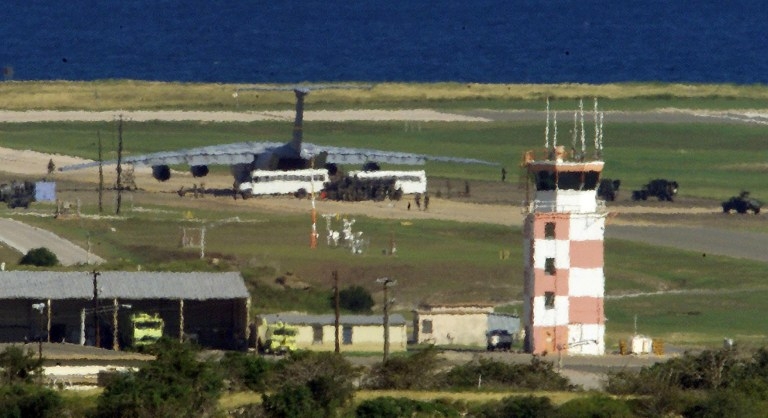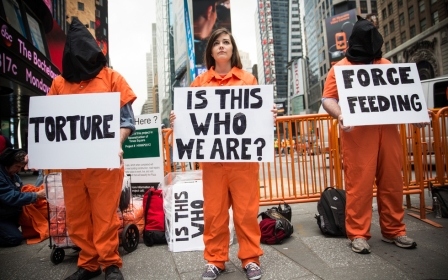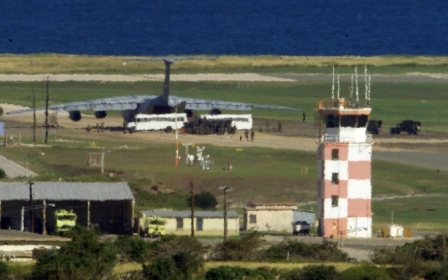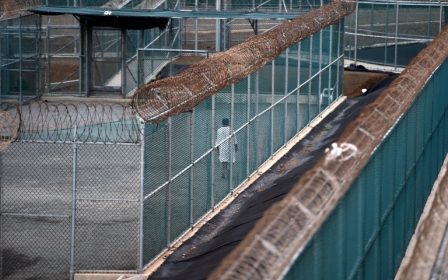'Bin Laden bodyguard' transferred out of Guantanamo

WASHINGTON - A Saudi detainee said by the US military to have been a bodyguard for Osama bin Laden has been repatriated from Guantanamo Bay after more than a decade behind bars, the Pentagon said on Tuesday.
Abdul Shalabi, 39, was first captured by Pakistani forces in December 2001 and was transferred to Guantanamo the following month.
But in June this year, a review panel "determined continued law of war detention of Abdul Shalabi does not remain necessary to protect against a continuing significant threat to the security of the United States," Pentagon press secretary Peter Cook said.
Shalabi, who was a long-time hunger striker, is being released as part of the Saudi government's rehabilitation programme for ex-detainees and he will be monitored for years to come.
In April, Shalabi's representatives pressed the US to transfer the detainee to Saudi Arabia "as soon as possible" and that he "should not be considered a significant and continuing threat to the security of the United States".
His representatives also said that he had been on a hunger strike since 2005.
They also told the review panel that hunger striking "is not an illegal act, but rather a non-violent and peaceful means of protesting camp conditions and continued detainment," according to Reuters.
"The United States coordinated with the government of the Kingdom of Saudi Arabia to ensure this transfer took place consistent with appropriate security and humane treatment measures," Cook said.
Shalabi's release means 114 inmates now remain in Guantanamo.
President Barack Obama has repeatedly demanded the closure of the facility but has struggled in the face of opposition in Congress and from other countries reluctant to take in one-time terror suspects.
According to a 2008 Defence Department file on Shalabi, he was captured while attempting to cross the Afghan-Pakistan border after fleeing bin Laden's Tora Bora mountain complex.
He was captured as part of a group called the "Dirty Thirty," which included other Bin Laden bodyguards, the file states.
Middle East Eye propose une couverture et une analyse indépendantes et incomparables du Moyen-Orient, de l’Afrique du Nord et d’autres régions du monde. Pour en savoir plus sur la reprise de ce contenu et les frais qui s’appliquent, veuillez remplir ce formulaire [en anglais]. Pour en savoir plus sur MEE, cliquez ici [en anglais].




